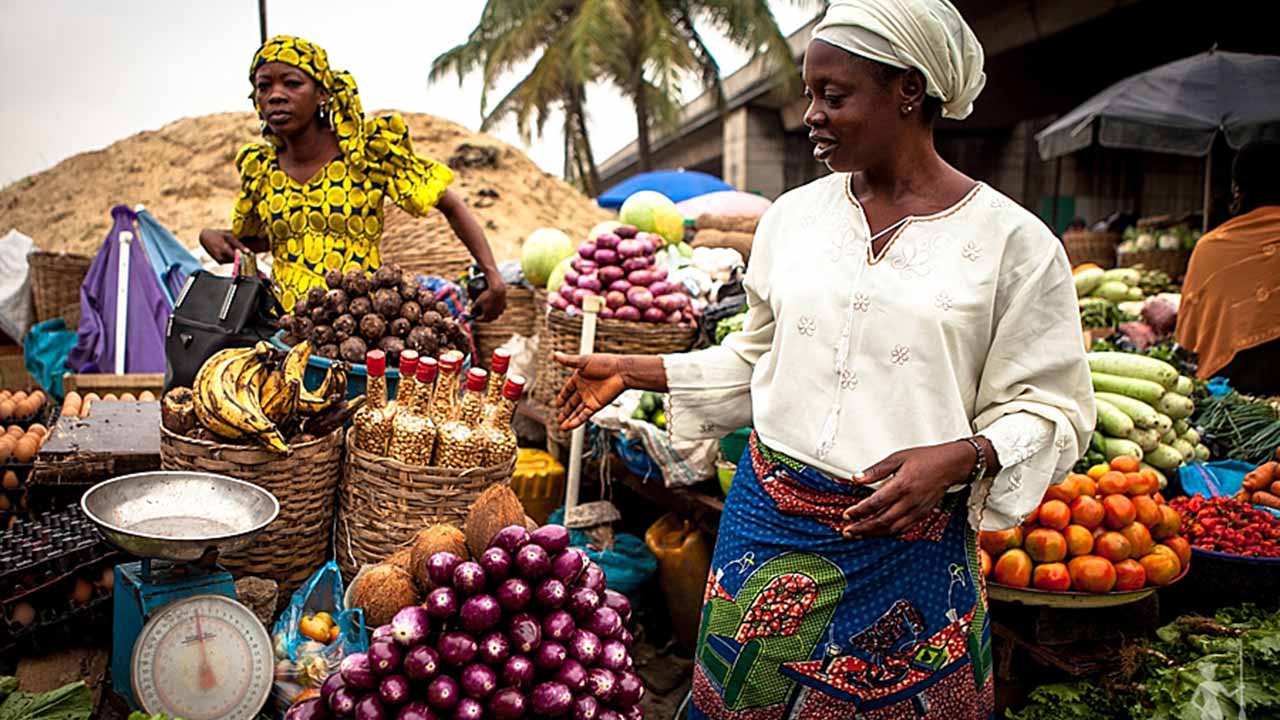A concerning report from the Food and Agricultural Organization (FAO) has highlighted the impending food crisis in Nigeria, with approximately 26.5 million Nigerians at risk of hunger in the year 2024.
The report emphasizes that residents of the Federal Capital Territory (FCT), Sokoto, Borno, and Zamfara states are most vulnerable to food insecurity in the coming year. Dominique Kouacou, the FAO’s country representative, shared these dire findings during the presentation of the Cadre Harmonise food security and early warning analysis for the October to November period in Abuja on Friday.
This comprehensive study conducted in 26 states and the FCT aimed to assess the current food security situation and make projections for the future. Kouacou underscored that the ongoing challenges have created an atypical lean season, with multiple contributing factors. These include persistent insecurity issues such as insurgency and banditry, conflicts related to natural resources, elevated food and agricultural input costs due to high inflation, and significant dry spells in some states shortly after the start of the rainy season.
Dr. Ernest Umakhihe, the Permanent Secretary of the Ministry of Agriculture and Food Security, acknowledged that the analysis had been carried out and endorsed by a team of highly skilled professionals from the Cadre Harmonise (CH) analysis task force over the past two weeks.
The significance of this study cannot be overstated. The Permanent Secretary, represented by Mrs. Fausat Lawal, Director of Special Duties, emphasized that the results of the CH analysis cycle are being presented at a critical time when governments at all levels are earnestly working to revive the nation’s economy. He recognized that while the challenges are substantial, they are not insurmountable, even though certain factors seem to hinder the ministry’s efforts.
He explained, “Notable among them are the lingering negative impact of COVID-19 on the global economy and the Russia-Ukraine war, which is currently disrupting the food systems and driving up input prices and food costs.”
Furthermore, he highlighted that the removal of petroleum subsidies has added to this pressure, resulting in food inflation and increases in the consumer price index.
In a bid to address this alarming issue, the CH analysis will be integrated into all 36 states before the end of 2024.











